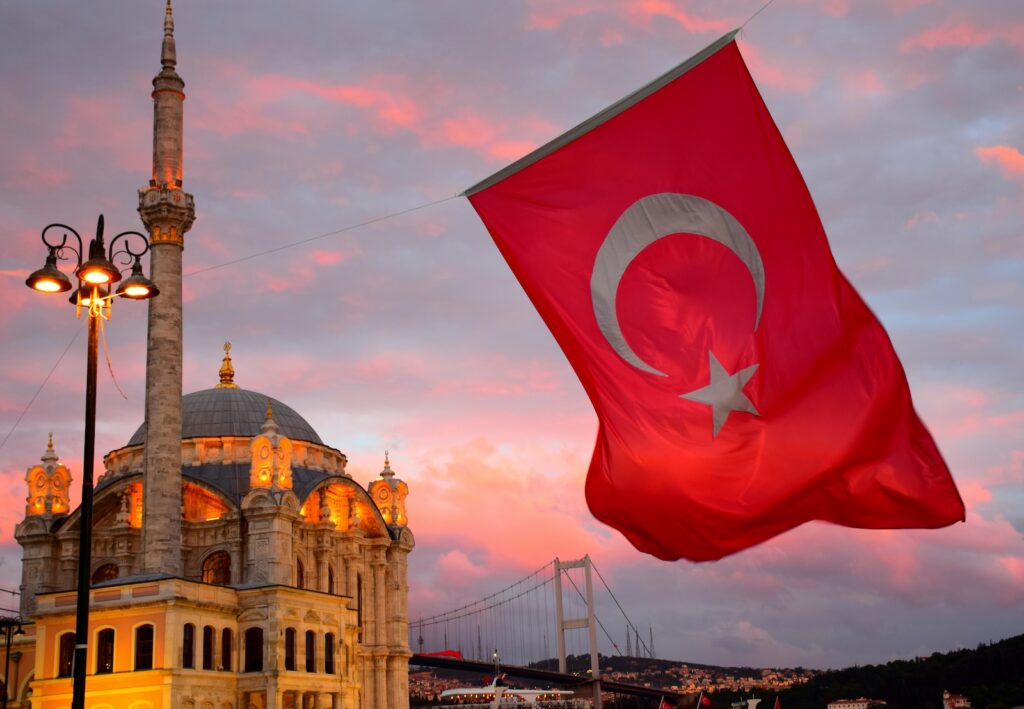Turkey’s economy has shown signs of improvement, with a new economic team addressing years of reckless lending and spending. The central bank’s substantial interest rate increase has contributed to a decline in economic growth, but it has also improved the inflation forecast. Despite a 10% drop in the Turkish lira’s value against the dollar, the depreciation has slowed compared to the first half of the year.
In addition to economic changes, there has been a crackdown on organized crime, showcasing Turkey’s role as a magnet for crime syndicates globally. However, challenges persist in areas such as democracy, with political opponents, particularly Kurds, journalists, and civil-society activists, still facing imprisonment.
The reformist efforts have garnered cautious praise abroad, along with improved relations with Greece and discussions about upgrading the customs union with the European Union. However, significant obstacles remain, including President Erdogan’s strongman tendencies, alliances with nationalists, and diplomatic ties with Russia and Hamas.
Relations with the United States have cooled, particularly regarding Turkey’s stance on Sweden’s NATO membership. Tensions within Turkey’s governing coalition may arise over parliamentary votes related to Sweden’s accession. Concerns about Turkey’s ties with Hamas and business dealings with Russia also contribute to strained relations with the West.
While Turkey’s economy is on the right track, political challenges need to align with economic improvements to attract long-term investors. The resolution of diplomatic issues with the West is crucial for sustaining economic recovery.

